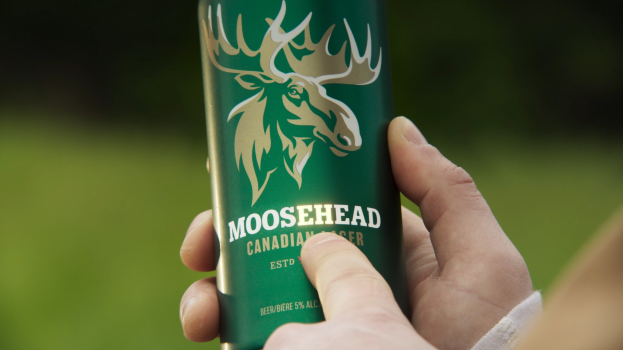It was hard for the beer industry to see the glass as half full even before COVID-19, as sales have been sliding for years, but a new report from Beer Canada finds the pandemic could exacerbate matters.
The organization, with a membership accounting for 90% of the beer brewed in Canada, says while the number of breweries operating in the country hit an all-time high in 2019, and consumers have a vast array of product choice, this has not translated into dollars: domestic beer sales fell 3.9% in 2019, imported suds slipped 1.5%, and overall total sales decreased by 3%. In terms of volume, Canadians of legal drinking age drank an average of 71.2 litres of beer, a decline of 4.6% from 2018.
While every province saw beer sales decrease, Saskatchewan had the sharpest year-over-year decline, down 7.8%.
According to the report, in addition to heightened competition between 1,123 breweries, domestic brewers face additional headwinds of changing demographics and consumer tastes (with spirits and non-alcoholic options growing in popularity), the high overall tax and price of the product and now, the deleterious economic impact of the COVID-19 crisis.
Beer Canada warns that beer’s most popular selling season, summer, is around the corner and patios and pubs are likely to remain shut down, on top of the fact that revenue streams like sports, festivals and private social gatherings has evaporated (even as brands have looked for different events and marketing opportunities to make up for it).
This is expected to have direct impacts on the industry and Canadian brewers, who directly employ 15,000 Canadians, pay nearly $1 billion in salaries and wages and supports a large national supply chain with indirect effects on associated industries like farming and food service (for example, according to the Beer Canada site, brewers purchase 300,000 tonnes of Canadian malting barley annually, and one in every 120 jobs is supported directly and indirectly by the industry). Beer Canada says the sale of beer supports 149,000 Canadian jobs, generates $14 billion in GDP and $5.7 billion in government tax revenues.
The group says rolling back the federal 11.9% tax increase and the deferring upcoming monthly payments would help brewers navigate this challenging period.
Other trends Beer Canada noted include the increased of canned beer sales by 1.6% in 2019, accounting for 65% of national sales, while bottle sales declined by 13.1% and keg sales fell by 3.9%. It also noted the industry’s improved environmental record, with greenhouse gas emissions declining by 58.4% and energy use in brewing facilities going down by 48.5% since 1990.
























